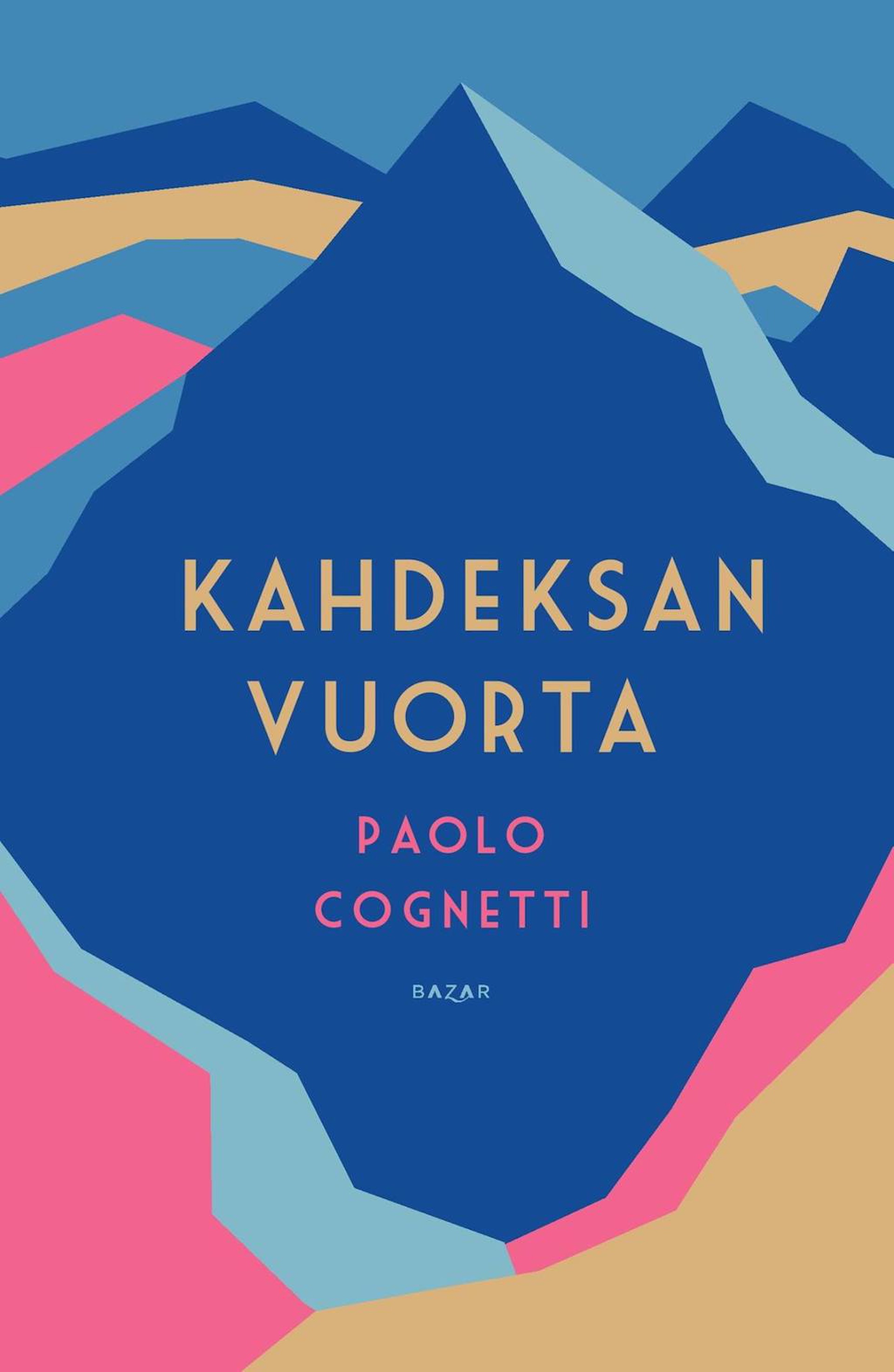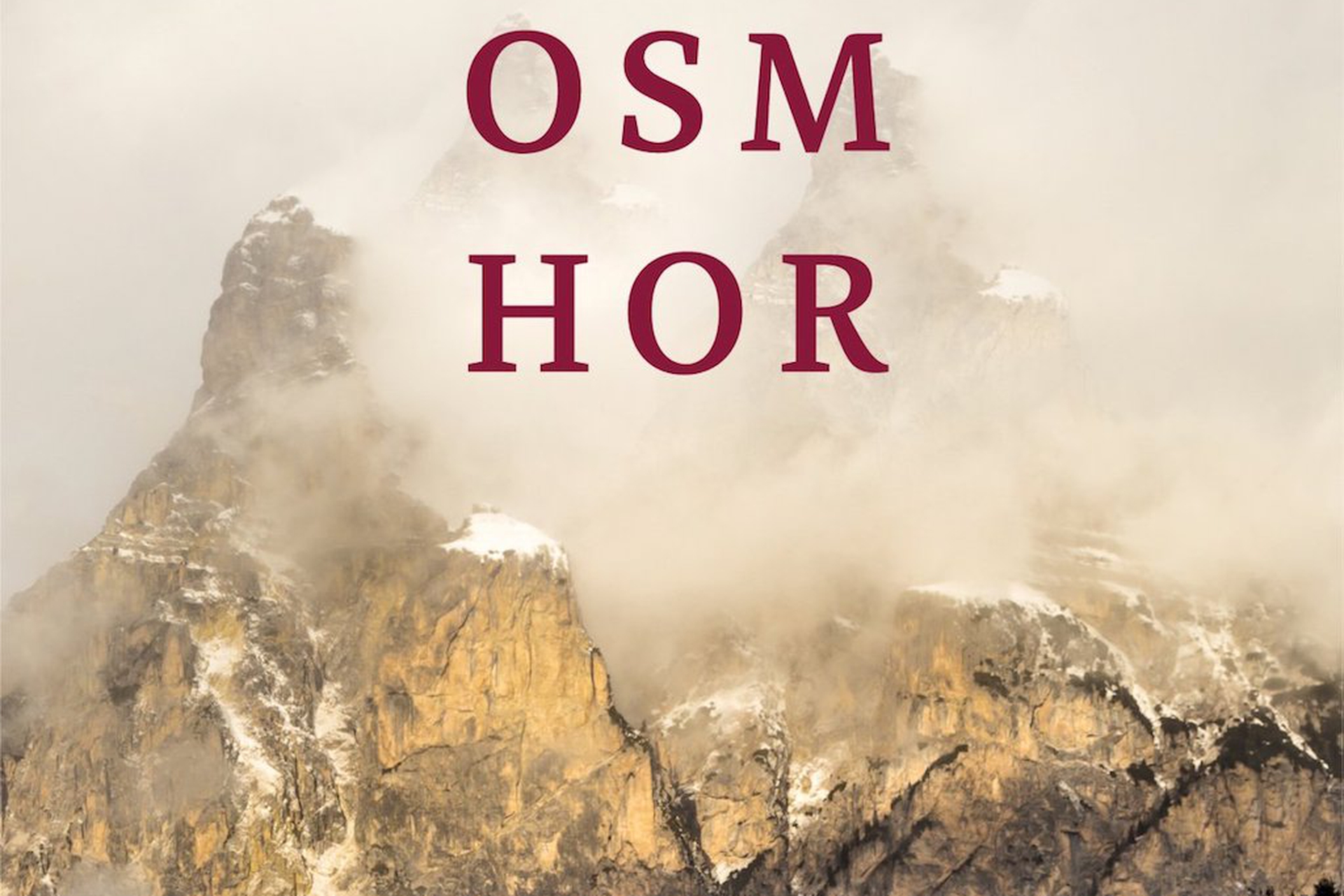

The perceived simplicity of Bruno’s life is alluring: when the pals begin to renovate an alpine hut, Bruno tells Pietro not to worry about how long it will take. “If it was such a paradise,” he wonders, “then why did we not stay and live up there?”īut though Pietro has travelled across the world, Bruno has never left Grana, and it’s fascinating to watch Pietro grapple with the push and pull of enduring friendships how they work and what they mean. Much like his characters, Paolo Cognetti divides his time between Milan and a cabin in the hills, and The Eight Mountains takes on the quality of a memoir as Pietro returns to Grana as a man to work out not just what his father means to him, but how the landscape has affected his life and friendships. It loosens their bond until an unfortunate event means their differences can never be resolved. He prefers, instead, to climb rocks, hang out in the local village or explore ruined mountain shacks.

But Pietro doesn’t share his dad’s fixation with exploring mountain paths, happening across wild goats or bivouacking under the stars, and starts to forgo joining him on trips up to the glacier.

Pietro’s father isn’t just in love with the Monte Rosa – he’s obsessed by their scale and grandeur (“like arriving from the mountains of men to find yourself in the mountains of giants”). The Eight Mountains, an award-winning bestseller in Cognetti’s native Italy, is a story of relationships – not just between people, but with the mountains around the village of Grana.


 0 kommentar(er)
0 kommentar(er)
